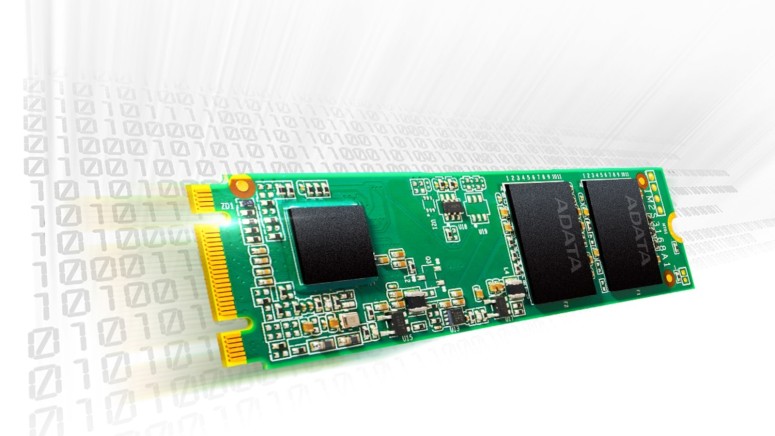
ADATA May Have Been up to Shenanigans – And It’s Not the Only One
- SSD manufacturers are making part swaps on model revisions after the original reviews are out.
- This way, people think they’re getting a better product than what they really get, so the vendor is making a bigger profit.
- The consumers have no way to determine what they’ll get beforehand, so it feels like a lottery.
ADATA, the Taiwanese DRAM, SSD, memory card, and flash drives manufacturer, may have been practicing dishonest part swapping in some of its products, as Tom’s Hardware reports. More specifically, the hardware news outlet has done some testing on various SSDs and found that the latest revision on ADATA’s “SX8200 Pro” fails to deliver on the rated specifications - and that’s not just a small deviation in performance, which is understandable and to be expected, but a whopping 41% reduction in file copy performance.
Since the particular model is a top-range one marketed to users who value performance, the divergence seemed inexplicable. ADATA explained that they switched the controller on the device, changing from the SM2262EN (625 MHz) to the slower-clocked SM2262G (575 MHz).
Moreover, the NAND flash of the model was swapped too, replacing the IMFT 64-Layer TLC with a Samsung V-NAND that is a previous generation technology. So, why is ADATA purposefully downgrading a widely praised (by reviewers) product then?
Cutting costs is the obvious answer here, and there’s nothing wrong with that. Increasing an SSD’s durability and lifetime is another potential explanation. Dealing with supplier shortages is also a possibility these days.
Where the dishonesty comes into play is when waiting for the reviews on the original, superior configuration, to flood every corner of the internet and then do the part swap. It’s essentially selling an inferior product than what consumers think they’re paying for. To make matters worse, most brands prefer not to disclose any of the details that underpin these product revisions, and they, of course, don’t ship the “refreshed” models to the reviewers.
ADATA isn’t the only one doing this. Samsung, Crucial, Marvell, TeamGroup, Kingston, Western Digital, and Silicon Power have all been confirmed to do that. Sometimes, they actually upgrade their products and have the audacity to re-badge them under a higher-end model number.
So, many SSD makers are doing this part swap, and purchasing an SSD feels like a lottery. There’s no possible way for the end-user to know the controller clock and the flash model and interface speed beforehand, and as we analyzed, reading online reviews isn’t helping much on that part either.








